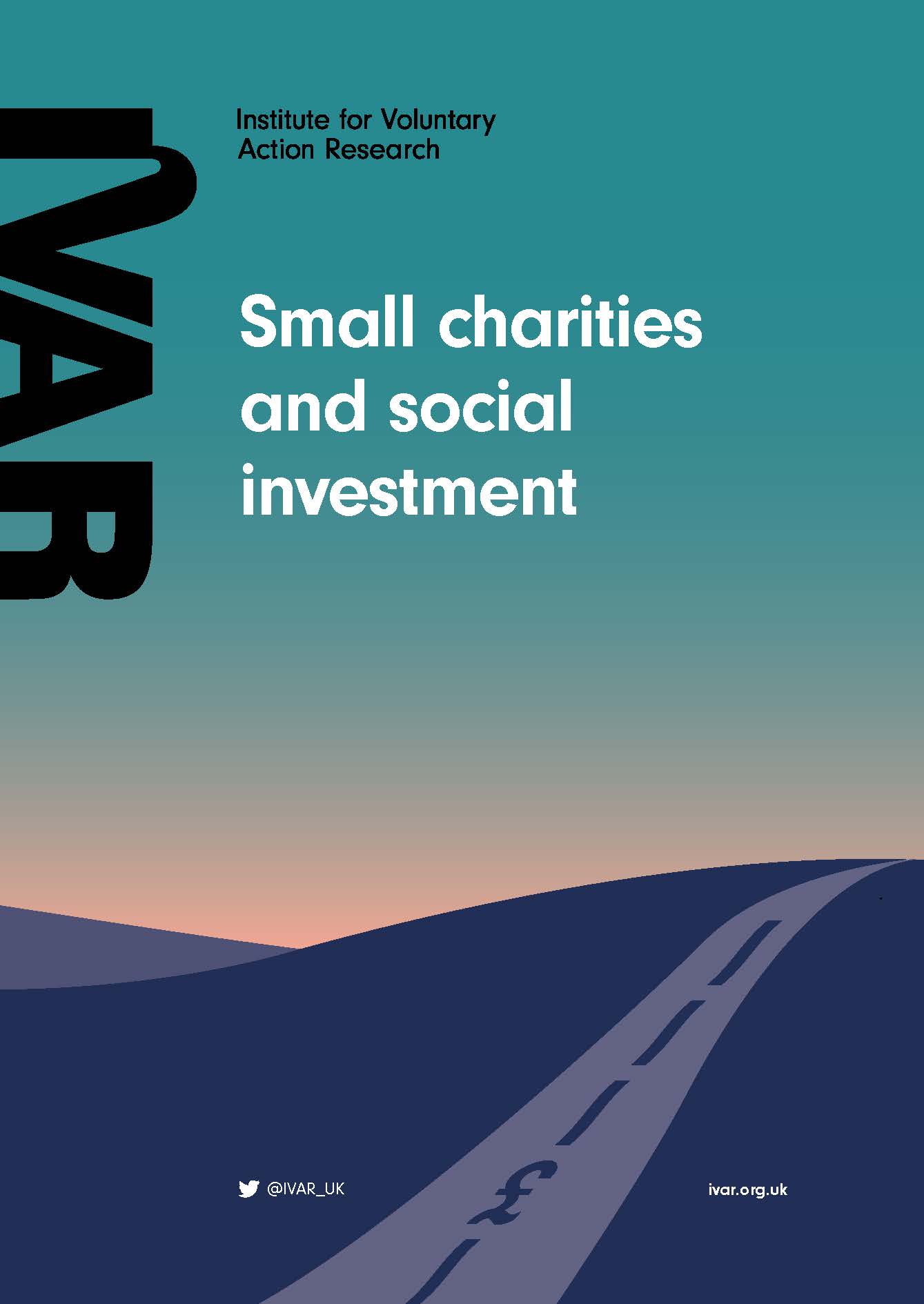Recent research undertaken by IVAR (Institute for Voluntary Action Research) takes a close look at the ‘social investment journey’ of 25 small charities, giving in-depth insights into their motivation, experience of the process, the challenges encountered, the support they received and factors that might improve the journey.
‘Small charities and social investment’ found that future policy and economic prospects for many small organisations and their beneficiaries are bleak and access to finance from any source is tough. The need to fund organisational survival and strategic change is great. Social investment products and processes, while improved, remain complex and complicated.
Many of the organisations interviewed for the research were stretched, busy, service delivery charities handling social investment ‘off the side of the desk’ with little or no prior knowledge and experience. Every aspect of the experience was unfamiliar, opaque and confusing, made difficult not just by inexperience but by the paucity of information and support provided by lenders.
The report found that what many charities really want is unrestricted finance in the form of grants. Failing that, a blend of grants and loans may suit some, focusing on assets and strengths during the application process rather than the usual process of focusing on deficits and gaps. Lenders interested in supporting charities to deliver on their mission need to be willing to see charity survival as a legitimate form of social impact.
IVAR proposes that “the aim of all social investments should be to leave an organisation in a stronger position, not only financially but also in relation to its ability to pursue its mission”, and identifies a number of clear ways for lenders to support this intention.

